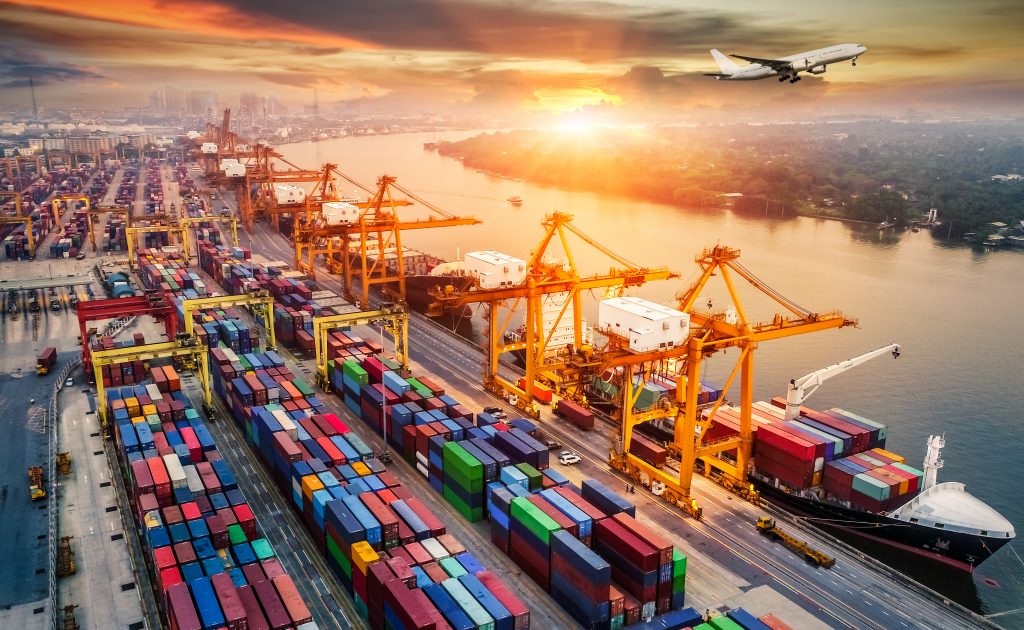Smart cities are rapidly evolving, driven by the increasing urbanization of our world. As more people flock to urban areas in search of better opportunities, the demand for efficient and sustainable urban mobility solutions has never been greater. In this fast-paced urban landscape, the traditional logistics systems of the past are no longer sufficient. Smart cities demand smarter logistics solutions to meet the complex challenges of urban mobility. The traditional approach to logistics, characterized by large warehouses on the outskirts of the city, is proving inadequate for the modern urban environment. As cities expand, the distance between residential and commercial areas has grown, leading to increased traffic congestion and longer delivery times. This not only frustrates residents and businesses but also contributes to pollution and carbon emissions. Smarter logistics solutions are needed to tackle these issues head-on. One of the key elements of smarter logistics for urban mobility is the integration of technology.

IoT Internet of Things devices, sensors, and real-time data analytics can provide valuable insights into traffic patterns, weather conditions, and even consumer behavior. This data can be used to optimize delivery routes, improve the efficiency of transportation, and reduce environmental impact. For example, smart traffic lights that adjust their timing based on real-time traffic data can help reduce congestion and improve the flow of goods outsourcing in supply chain management. In addition to technology, the adoption of sustainable transportation methods is vital for smart cities. Electric and autonomous vehicles are gaining prominence in urban logistics, as they offer reduced emissions and lower operating costs. Electric delivery vans and autonomous drones are increasingly being used for last-mile deliveries, reducing the carbon footprint and congestion caused by traditional delivery trucks. Moreover, the rise of micro-mobility solutions, such as electric scooters and bicycles, offers an eco-friendly and efficient way to move goods within cities. Another critical aspect of smarter logistics is the emphasis on shared and interconnected systems. Collaborative logistics platforms can help reduce the number of vehicles on the road, as multiple deliveries can be consolidated into a single trip.
This not only saves time and resources but also reduces the environmental impact of urban transportation. Furthermore, the importance of customer-centric solutions cannot be overstated. In the age of e-commerce, consumers expect flexible delivery options, such as same-day delivery or time-specific deliveries. Smarter logistics can meet these demands by offering convenient and efficient solutions tailored to individual preferences. In conclusion, as urban populations continue to grow, the need for smarter logistics solutions in smart cities becomes increasingly evident. Technology, sustainability, collaboration, and customer-centricity are at the core of these solutions. By integrating advanced technology, adopting sustainable transportation methods, fostering collaboration, and prioritizing the customer experience, cities can create more efficient, environmentally friendly, and convenient urban mobility systems. These smarter logistics solutions are not only essential for meeting the demands of today’s urban dwellers but also for ensuring a more sustainable and livable future for all.